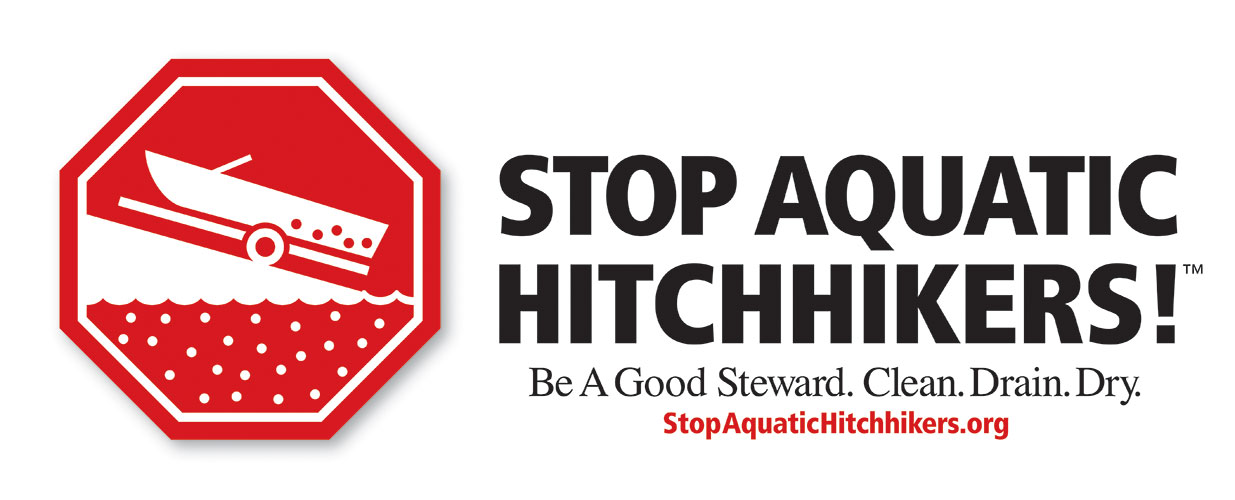![]()

As waterfowl season kicks off, the Nebraska Game and Parks Commission reminds hunters to help prevent the spread of damaging aquatic invasive species.
Zebra mussels, Eurasian watermilfoil, curly-leaf pondweed, brittle naiad and other aquatic invasive species can “hitchhike” on hunting gear and be spread by droplets of water or even tiny plant fragments.
Aquatic invasive species cause irreparable harm to aquatic ecosystems and waterfowl habitat, severely impeding hunting, fishing and boating for future generations.
Nebraska is one of the few states in the Midwest left without widespread zebra mussel invasions. The only water bodies in the state that have established zebra mussel populations are the Missouri River, Lewis and Clark Lake/Lake Yankton, Beaver Lake in Plattsmouth, and Offutt Air Force Base Lake.
Game and Parks’ AIS staff have noted an increase in invasive aquatic plants across Nebraska. These plants likely are being spread from one water body to the next by some boaters, anglers and hunters not taking sufficient precautions against the spread of these species. Hunters also should avoid using invasive plants, such as phragmites — an invasive, noxious wetland plant often used as camouflage — in their hunting blinds.
“Nebraska is home for us and we urgently need the public’s help to keep our waters invasive-free and stop these critters in their tracks,” said Kristopher Stahr, Game and Parks’ aquatic invasive species program manager. “Take a few moments to Clean, Drain and Dry your gear, and choose camouflaging plants wisely for your blind to help stop the spread of these aquatic invasive species.”
Nebraskans hunting out-of-state should be especially cautious to not spread invasive species into Nebraska waters.
Game and Parks regulations require anglers, hunters and boaters conduct clean, drain and dry procedures before leaving a water body. They are not allowed to arrive at a water body with any water from another water body. Hunters should remove any visible plants or mud from their gear and then clean with high pressure or hot water. They also should ensure all water is drained before leaving and to let gear dry for at least five days or wiped dry before to re-using.
Visit stopaquatichitchhikers.org/prevention/#waterfowl-hunters for details and for more information on aquatic invasive species.
Report any suspected observation of zebra mussels or other aquatic invasive species to Game and Parks at 402-471-7602 or at ngpc.AIS@nebraska.gov.
